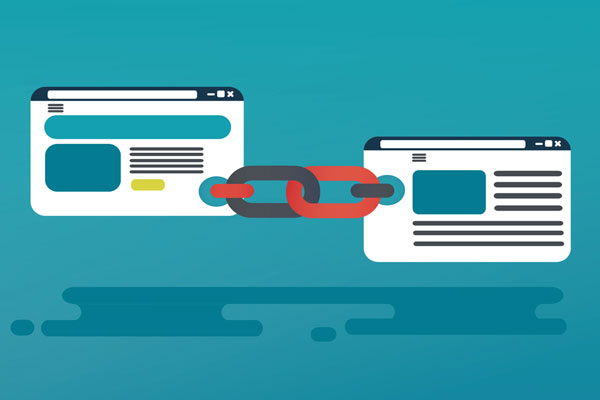Links in home care content are the backbone of successful search engine optimization (SEO).
Because links, or hyperlinks, to other pages on your site or to other websites benefit leads and search engines.
Smart linking connects your pages and builds trust with search engines and clients.
Hyperlinks tell Google which pages matter most on your site. They also guide families to the services they need.
Read on to learn how to build a strong link strategy that delivers revenue growth over time.
In This Article:
How Links Help SEO Content

Links play a crucial role in SEO content for home care websites.
Search engines use internal links to understand how your web page content relates to one another. Then they know what subjects to index your web pages for.
So it is important that every page has an internal link to it.
Help your content appear at the top of search page in featured snippets.
Create complete topic clusters for your blog articles that link to each other. Then search engines understand your expertise.
AI search will also pull from web pages and blog articles with links.
And context is important to content in AI. It will match the content of your articles to why the lead is searching a certain key phrase.
Write concise answers to common questions families have in blocks of text. Because you increase the changes of appearing in AI Overviews or summaries at the top of search results page.
External Links Establish Trust

External links point from your site to other websites. These outbound links build trust with search engines and families.
Google and Microsoft Bing consider links to reliable companies part of writing quality content.
Search engines like that your company is connecting older adults and their caregivers with respected resources. So your content may be more visible in search results.
Select external links carefully to maintain your site’s trustworthiness.
Link home care content to government health agencies and established medical institutions.
Quality outbound links also help with local SEO efforts.
Connect to local health departments and civic resources when relevant. These connections strengthen your community ties online.
Internal Links Direct and Convert Families

Internal links connect pages within your home care website.
These link connections help search engines determine when to show your pages in their search results. They also direct older adults and their caregivers to helpful content and services.
Google Search Central states that all pages you care about should have internal links.
Guide Families Through Care Options
Use internal links to build a pathway for families researching care.
Create content hubs on your blog around common care needs.
Leads will stay on your website longer reading connected articles. And the longer they are on your website, the more they will feel comfortable with contacting your company.
Link guides on your blog to relevant services pages. For example, a guide about dementia should link to your Alzheimer’s care service.
Connect Related Service Pages
Home care SEO links help families discover all your offerings.
Link related services to maximize client conversions.
Connect companion care page to personal care services, for instance.
Anchor Text Sets Home Care Link Strategy

Anchor text, also called link text, are the visible words in a hyperlink. This text tells search engines what subject the linked page covers.
Smart anchor text improves SEO content. Natural anchor text flows within your sentence structure.
Describe the linked page.
Google looks at surrounding words around the anchor text for relevance. So you do not need to have a complete sentence as anchor text.
Avoid stuffing keywords into every anchor text. This is an outdated “keyword stuffing” strategy that search engines do not like.
Follow Link Text Rules
- Write concise descriptive phrases.
- Do not use keyword in every anchor text.
- Explain context of page and relevance to keywords.
- Underline text to meet W3C accessibility standards.
W3C stands for the World Wide Web Consortium who develops global standards for websites.
Make sure older adults and their family caregivers feel comfortable clicking the links in your content.
Vary Anchor Text Type
Use different types of link text so they look natural to search engines. This also provides better context for families reading your content.
Types of anchor text:
- Branded term: Use company brand name for external links.
- Exact match: Contains keyword of page you are linking to.
- Partial match: Has part of key phrase for linked page.
- Related term: Includes term related to key phrase.
- Title text: Entire title of blog article or web page is anchor.
Clear links help you business and SEO goals.
Conclusion: Use Links in Home Care Content
Gain more traction from your home care website with strategic linking.
Help search engines and families understand your subjects and expertise. This will help with search engine optimization (SEO) and client conversions.
Because external links to trusted resources establish your integrity with leads and search engines.
Internal links guide families through your content. And search engines will see how your website content is related.
Effective anchor text connects content across all your website pages and blog articles.
Make sure your link text is descriptive and varied in type so it reads well to older adults and their caregivers. Then search engines can understand the content of the linked page.
Remember this: increase conversions and improve SEO with quality website links and anchor text.
Keep reading: Guide to Effective Online Home Care Content


